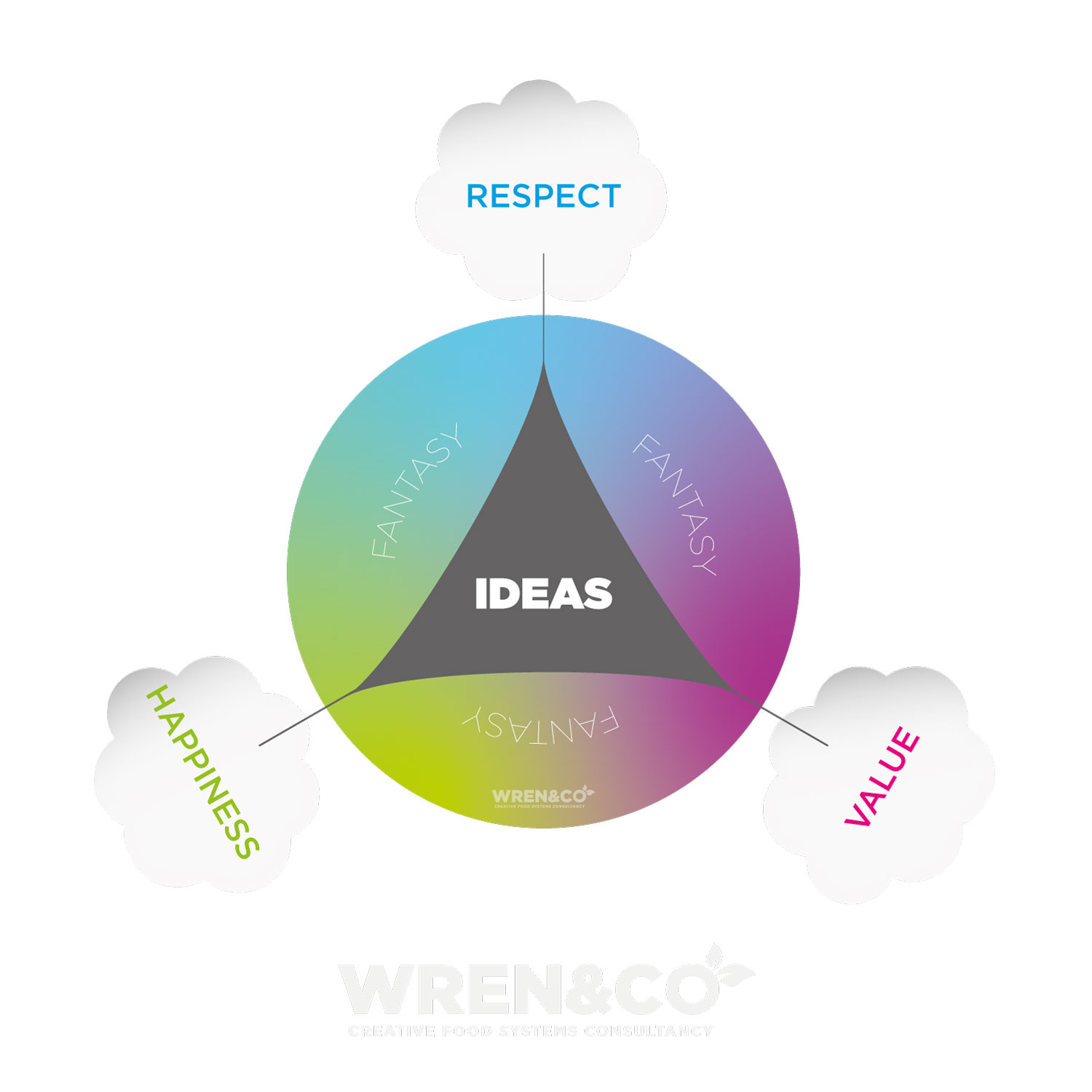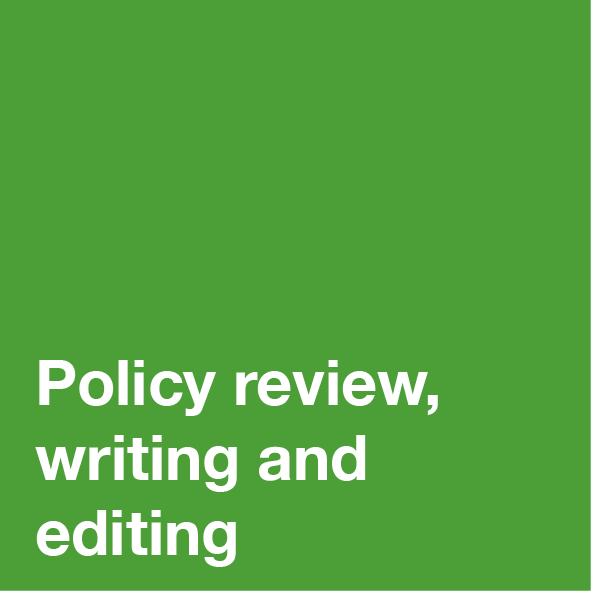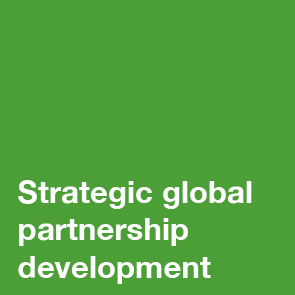Fantasy is the Most Important Concept in Food
Fantasy. noun. the faculty or activity of imagining impossible or improbable things.
Outline
Food is one of the oldest traded commodities, accounting for 37% of global greenhouse gas emissions and it provides a compelling medium to communicate with.
Wren&Co is founded upon the concept of fantasy, embracing food systems as chaotic and complex environments which require sophisticated thinking. To explain this, Gavin Wren created a framework based upon three areas of evidence:
- Social observation and discussion.
- Natural and social scienctific literature.
- Future scenarios and philosophical perspectives.
The framework provides a tool to identify areas of opportunity, synthesise strategies, shape noble long term goals and communicate with strength and clarity.
(Key sources: Doughnut Economics by Kate Raworth, Sustainable Diets by Tim Lang and Pamela Mason, The Ecstasy of Communication by Jean Baudrillard, Sustainable Development Goals by UN FAO, Policy Coherence for Sustainable Development (PCSD) Framework by UN FAO, A Sustainable Food System for the European Union by SAPEA.)
Every outcome in the food system can be defined via three drivers of human action: happiness, respect and profit.
Happiness is the goal of every person. All actions taken within an organisation must seek to increase the happiness of people. Increased happiness is a vital objective for any intervention.
Profit is a basic requirement of all people living in capitalist societies. Individuals need to profit from their work, to buy food and shelter. Research organisations need funding to deliver their objectives. Businesses, by definition, are required to generate profit. All people in the food system require money, finance or profit to flourish.
Respect for people, places, objects or entities. Any and every item in the world deserves respect, from the soil we walk upon, to the bees in the fields, to every person you meet. Building respect is a cornerstone of future resilience.
Results
Our consultancy process is founded upon this framework. It helps to identify key areas within organisations that operate in the food system and supports the synthesis of communications for different audiences.
The resultant messages empower entities to enjoy, respect and value the social, environmental and economic factors in the food world. This is achieved by developing and implementing food policy strategies for internal activities and external communications which can shape the next generation of food.






